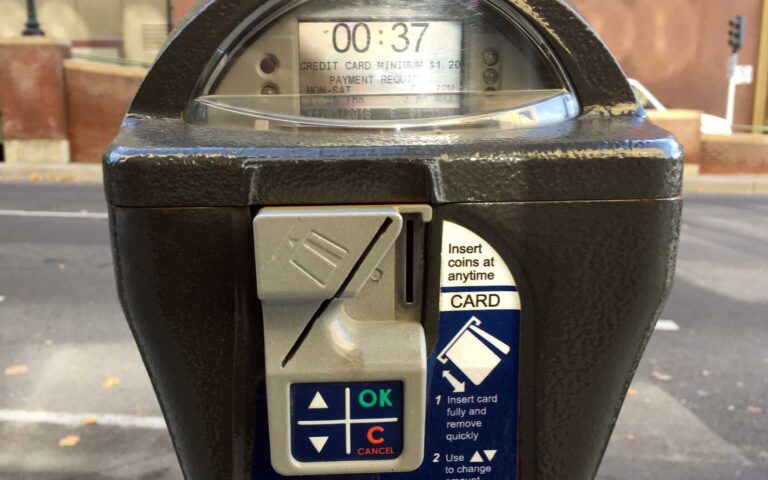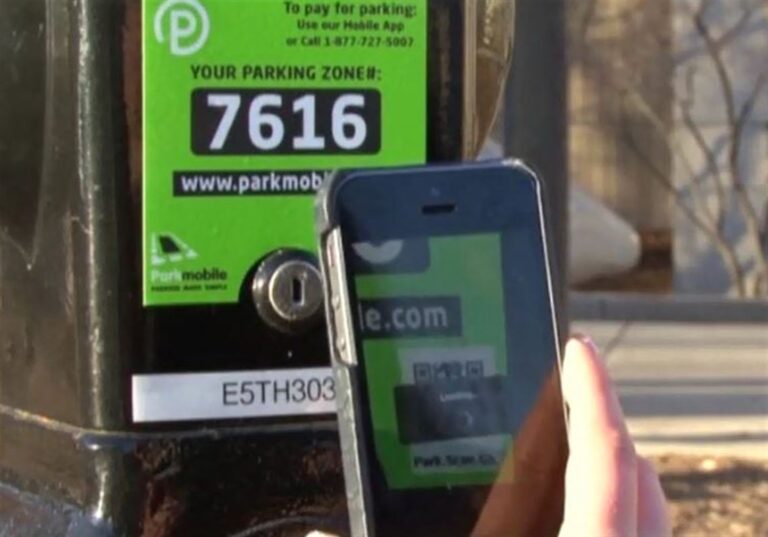What are the core functions of Parking Enforcement?
Since the first Park-O-Meter hit the streets of Oklahoma City in the 1930s, Parking Enforcement has continued to evolve and adopt new technology. But even after decades of change, the core functions of parking enforcement have remained the same.
What are some of the core functions of Parking Enforcement? We are happy to answer that question, and have listed some below:
Optimizing Traffic Flow:
Proper parking enforcement ensures that vehicles are parked in designated areas, preventing congestion and improving the overall flow of traffic. This is crucial for maintaining efficient transportation systems, especially in densely populated urban areas.
Revenue Generation for Local Governments:
Parking enforcement contributes significantly to the revenue streams of many municipalities. Proper regulation and monitoring of parking spaces help local governments collect fees, fines, and taxes, which can be used to cover the costs parking related expenses, to fund various public services and/or to pay for infrastructure projects.





Encouraging Sustainable Transportation:
By regulating parking, authorities can encourage the use of alternative transportation options, such as public transit, cycling, or carpooling, thereby reducing reliance on individual vehicles and promoting sustainable urban mobility.
Ensuring Accessibility:
Effective parking enforcement ensures that parking spaces are accessible to those who need them the most, such as individuals with disabilities or specific mobility needs. Maintaining designated accessible parking spots is crucial for promoting inclusivity and accommodating the needs of diverse communities.
Addressing Safety Concerns:
Properly enforced parking regulations can contribute to ensuring road safety by preventing illegal parking in hazardous areas, fire lanes, or emergency zones. This helps emergency services operate more efficiently and respond quickly to critical situations.
Encouraging Economic Activities:
Well-managed parking facilities can boost local businesses by providing convenient access for customers. Ensuring fair and orderly parking enforcement encourages turnover of parking spaces, allowing more customers to visit businesses and contribute to local economic activities.
So now you know!
While the methods and technologies employed in parking enforcement may evolve with advancements in digitalization and smart city initiatives, the core objectives of managing traffic, ensuring safety, promoting accessibility, and supporting economic activities are likely to remain central to the function of parking enforcement in the foreseeable future.
From <https://enforceplus.com/the-future-of-parking-enforcement/>



